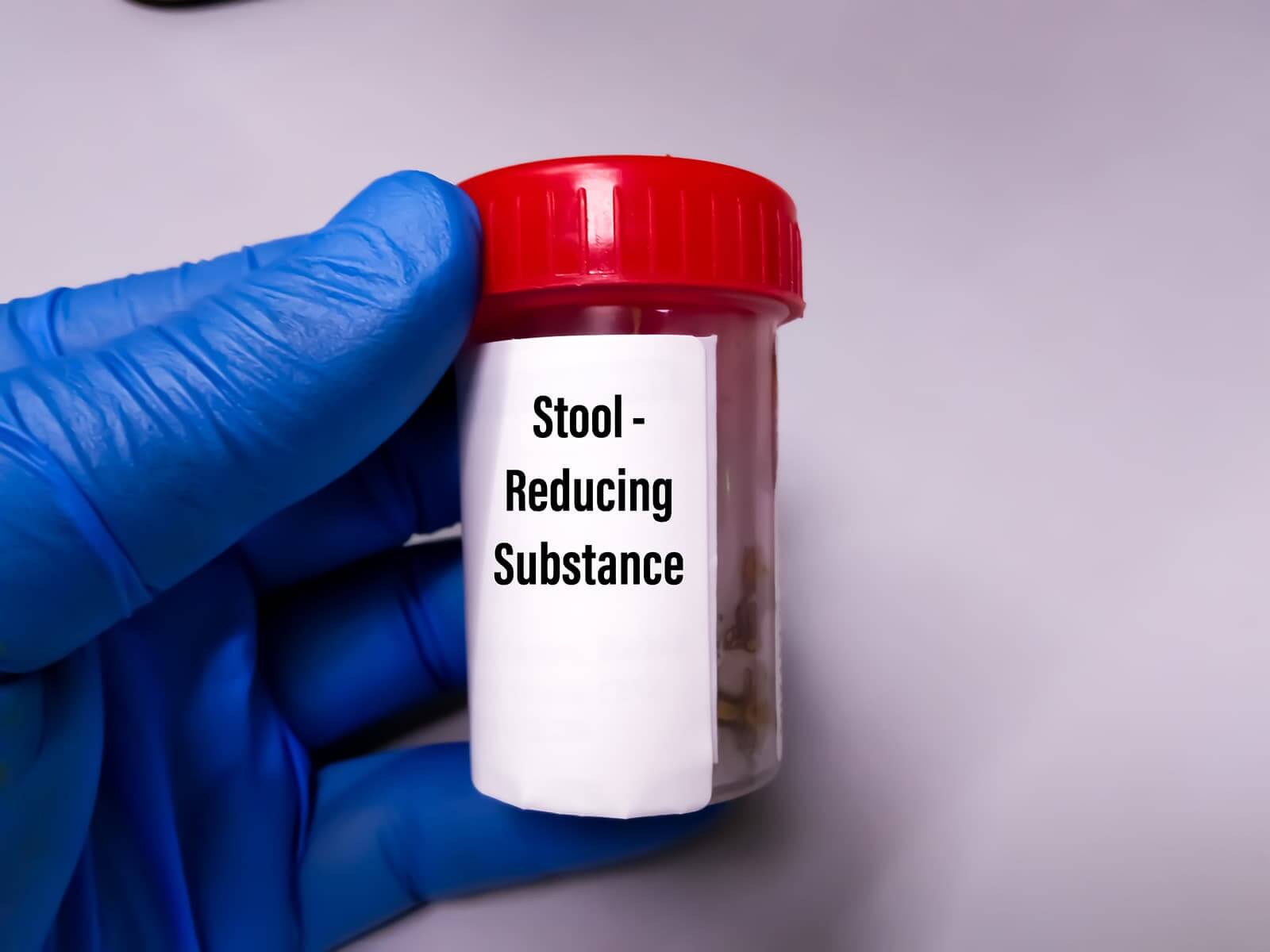
Fecal abnormalities are unusual changes in the appearance, consistency, or passage of your stool. You may notice odd colors-pale, very dark, red-or find blood, mucus, or a sticky, greasy texture. These signs often prompt doctors to run tests such as a fecal fat test, fecal calprotectin, or specialized stool stains to identify the underlying issue.
Symptoms of fecal abnormalities can vary, but often include:
Several factors and conditions can trigger fecal abnormalities:
With a focus on patient-centered care and comprehensive digestive health solutions, GastroDoxs provides expert diagnostics and effective treatment for fecal abnormalities and related conditions. Our approach is rooted in compassionate, personalized care to help you achieve long-term relief and improved quality of life. Book your appointment today at our Katy clinic and take the next step toward healthier digestion.
We've successfully treated more than 1.4K patients, helping individuals improve their digestive health and overall well-being through expert, personalized care.
With over 20 years of experience, GastroDoxs has been a trusted provider of gastroenterology care, focusing on delivering the best outcomes for patients
R19.5 is the ICD-10 code used for "other fecal abnormalities" when stool changes don't fit into more specific categories.
Fecal calprotectin measures inflammation in the gut. It's especially useful for diagnosing and monitoring inflammatory bowel diseases like Crohn's or ulcerative colitis.
Abnormal stool cells can result from infections, irritation, or inflammation in the digestive tract. Stool stains help us examine these cells to pinpoint the underlying cause.
A K9 fecal stain is a veterinary test used to detect parasites, bacteria, or other issues in dog stool. It's not performed on humans.
Abnormal stool flow refers to difficulties like leakage, passing stool in small pieces, or straining due to weak pelvic muscles or nerve problems.
High fecal fat indicates your body isn't digesting fats properly, often due to pancreatic insufficiency or gallbladder dysfunction.
Yes. Chronic bleeding in the gut can deplete vitamin B-12 levels over time, leading to fatigue and other deficiency symptoms.
Improvement depends on the cause. Infections may resolve in days, while chronic conditions like IBD often require ongoing treatment for lasting relief.
Absolutely. Tailored diets-such as low-fat, high-fiber, or low-FODMAP-can reduce symptoms, normalize stool consistency, and support gut health.
Call GastroDoxs in Katy to schedule an appointment. Our local gastroenterologist will provide personalized testing and treatment for your fecal abnormalities.